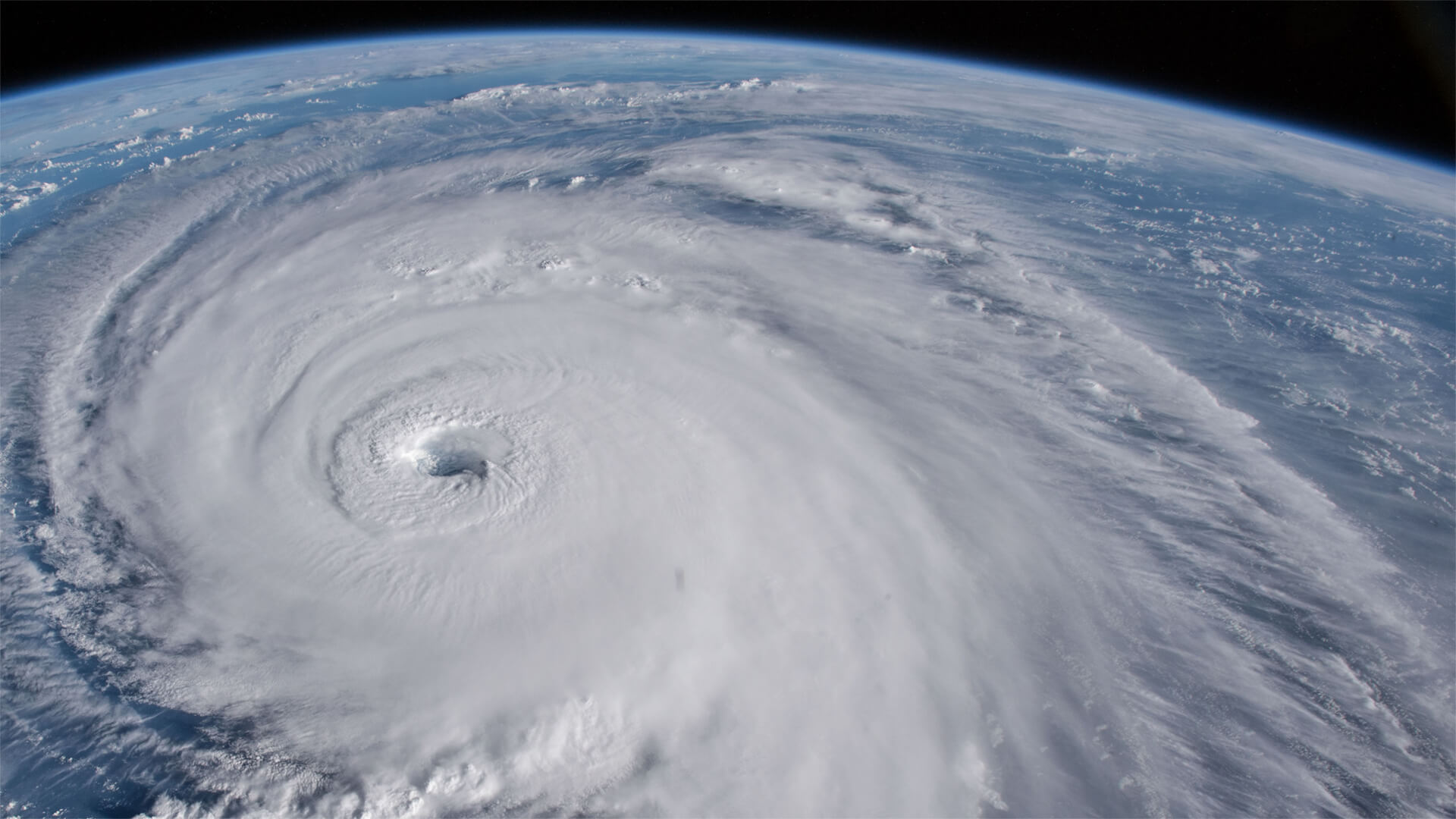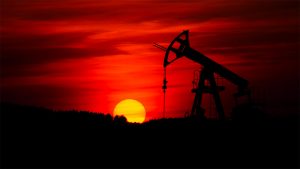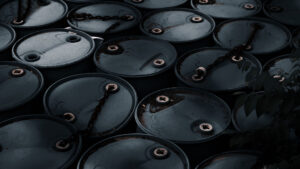The most recent hurricane that tore through the Gulf of Mexico has sent ripples through the insurance industry thanks to all the property damage, but what will its impact on the energy sector look like?
The US has become a net exporter of refined products, moving over 4 million barrels per day. The shale revolution made this achievement possible, and in the process, helped to move most energy production onshore. So, when Hurricane Francine ripped through the Gulf, its impact on the energy sector was minimal.
Offshore production in the Gulf of Mexico only accounts for about 5% of US production. To minimize the impact even further, shale producers can easily compensate for any temporary loss in offshore ouput. Shale is king, and offshore production just isn’t really needed…but at least future generations can tap into the Gulf reserves should they need it.
Here at Zeihan On Geopolitics we select a single charity to sponsor. We have two criteria:
First, we look across the world and use our skill sets to identify where the needs are most acute. Second, we look for an institution with preexisting networks for both materials gathering and aid distribution. That way we know every cent of our donation is not simply going directly to where help is needed most, but our donations serve as a force multiplier for a system already in existence. Then we give what we can.
Today, our chosen charity is a group called Medshare, which provides emergency medical services to communities in need, with a very heavy emphasis on locations facing acute crises. Medshare operates right in the thick of it. Until future notice, every cent we earn from every book we sell in every format through every retailer is going to Medshare’s Ukraine fund.
And then there’s you.
Our newsletters and videologues are not only free, they will always be free. We also will never share your contact information with anyone. All we ask is that if you find one of our releases in any way useful, that you make a donation to Medshare. Over one third of Ukraine’s pre-war population has either been forced from their homes, kidnapped and shipped to Russia, or is trying to survive in occupied lands. This is our way to help who we can. Please, join us.
Transcript
Hey everybody. Peter Zeihan here. Coming to you from Cove Bay in Barbados. It occurred to me that, the Gulf of Mexico just got hit by a hurricane. And I wanted to tell you why it doesn’t really matter. Well, I mean, it does matter. You do property damage, especially in an era of rising sea levels and bigger hurricanes. Obviously, that has an insurance application that hits us all because insurance companies then have to make up for it either by higher premiums or by charging everybody else more for insurance.
So it does ripple through the system. But from an energy point of view, it doesn’t really matter. The United States is no longer simply energy independent. We are now a net exporter of over 4 million barrels per day, not of crude, of refined product. And that puts the United States into a category that no other country has ever been in terms of being an energy power.
Now, the Gulf of Mexico used to be one of our major energy things. And back when I was working at Stratfor in the Arts, part of my job was to basically chronicle how much stuff went off, like how long I would stay offline, and that gave us price increases that would last not for days or weeks, but months or even a couple of years.
Sometimes because it took a long time to repair the damage, to go out and untangle, what happened on the seabed with the pipelines? It was it was expensive, was laborious, and we would feel it for a long time. Not anymore. One of the many weird things about the shale revolution is that all of the production sites are onshore, and unless you get so much rain that everything floods in your field, you’re talking about a time to bring them back on that if it goes off it at all is measured in days and you can bring on a completely fresh well in the weeks.
So we have seen the price argument and the national security argument for energy production in the offshore Gulf of Mexico dwindle and dwindle and dwindle. And so even though the most recent hurricane just plowed through some of the best production real estate the Gulf of Mexico has, it only took off somewhere between 650 and 750,000 barrels per day, which not that is an insignificant amount, but United States, if you include things like, associate production from natural gas liquids and condensate, we now produce close to 20 million barrels a day.
So you’re talking about less than a 5% reduction. And the shale guys are already spinning up their drills to bring more production on line to displace it. And it’ll be weeks to months before the offshore producers can even pretend to catch up. The price structure just has changed so dramatically. For natural gas, it’s actually even a little bit better.
We’re talking about 750,000,000 cubic feet per day. That is right around one 1.5% of U.S natural gas production. So we’ll barely feel that outside of the local markets at all. And same thing. The shale guys are going up to gas wells to supplant it. So think of it this way. If you’re in the Gulf, you are now the piggy bank.
Should anything go drastically wrong with U.S shale production, the reserves in the Gulf will be there for another generation, but it’s probably going to be another generation or two before that’s all relevant. All right, that’s it for me. Take care.
Photo credit: NASA Goddard Space Flight Center from Greenbelt, MD, USA, CC BY 2.0 via Wikimedia Commons







